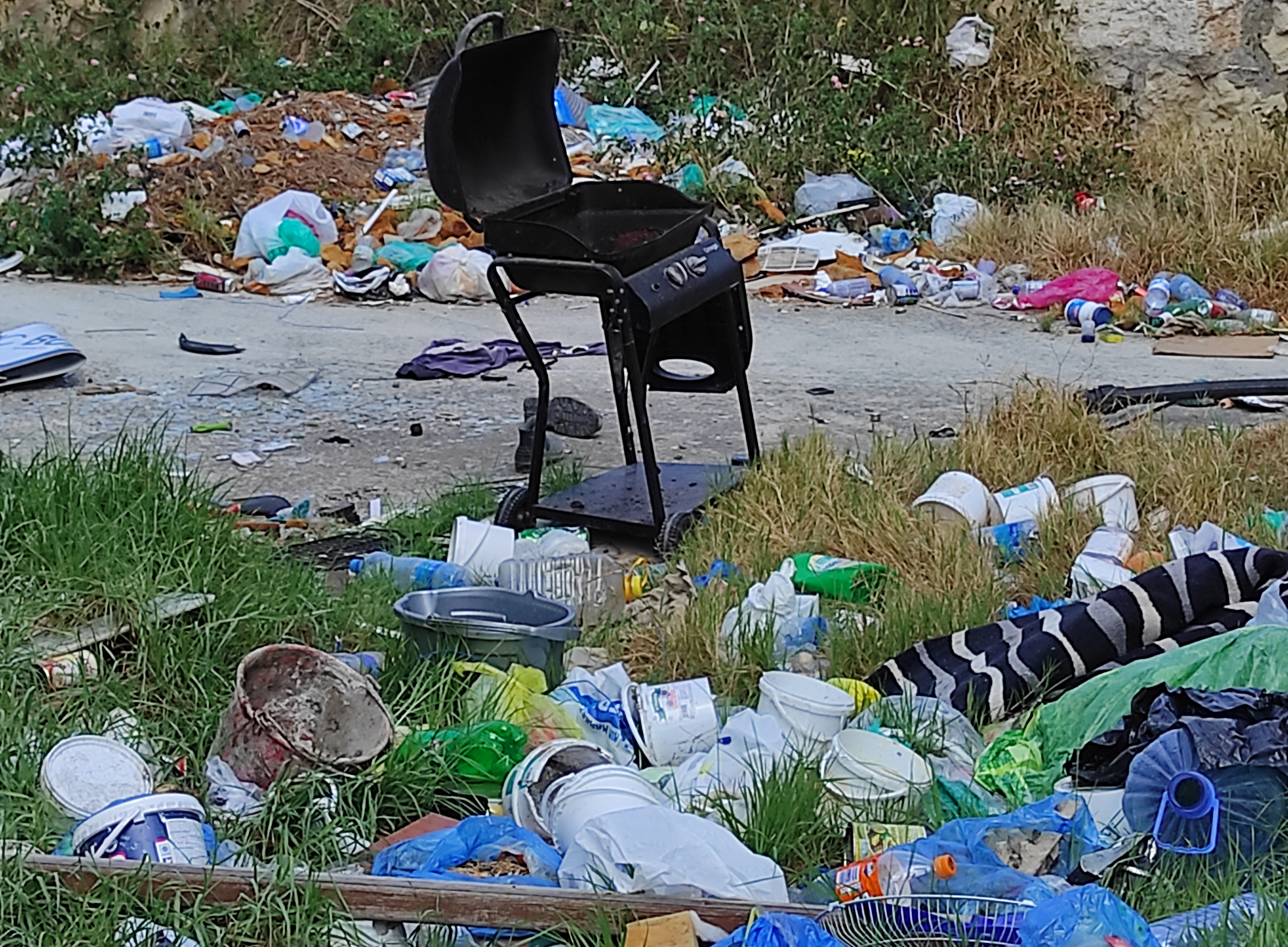What happened in Chlorakas on Sunday and Monday were the worst cases of racist violence seen in Cyprus. The country may be facing a migration problem, a part of the village may have been turned into a ghetto, the authorities may have avoided dealing with the problem and disregarded the concerns of the local population, but none of this justified the violence against political refugees and asylum seekers.
Terrorising and attacking migrants and destroying their property was criminally inhuman behaviour that no society should tolerate. The police had to restore law and order on both nights and some 21 people were arrested in connection with the violence. By Tuesday afternoon, calm had returned to Chlorakas, the heavy police presence ensuring there was no repetition of the previous days’ violence.
The political parties, once it became clear from police reports that migrants and their properties, were the targets of the violence, condemned the actions of the thugs. The only exception was Elam, members of which reportedly instigated the violence; it advocated mass arrests and deportations of migrants and blamed them for the violence its members and supporters were responsible for. This merely underlined its xenophobic agenda, which it has never tried to hide.
President Nikos Christodoulides’ 24-hour delay in personally condemning the violence was more surprising. His condemnation was rather lukewarm when he finally spoke on Monday night, focusing more on the government’s migration policy than the violence, which, he said, did not solve any problems. He was careful not to say anything that would cause offence to the local population, even though the situation was crying out for an unequivocal statement from the president.
Perhaps, he did not want to antagonise the Chlorakas population, which has been complaining for years about the creation of a ‘ghetto’ in the village but has been ignored by central government. The authorities never implemented the decree issued by the Paphos district officer in 2021 ordering the vacating of the Ayios Nikolaos apartment complex, in which some 600 migrants were living, because it was unfit for human habitation. Nothing was done, despite the complaints of the locals which caused resentment to build.
The ‘protests’ about the situation and government inaction organised by the Chlorakas community were eventually taken over by Elam thugs, turning the village into a venue for their racist violence. This had been preceded by the government’s decision to register all migrants living in the apartment block and to remove those that were illegal. The registration process also led to some minor scuffles with migrants, raising the tension.
While the government tries to tackle the problem in Chlorakas there are no obvious solutions. Most of the foreigners registered had permits to be in Cyprus, so the next question is where would they go to if they left the apartment block? The government said they would have to find alternative accommodation within two weeks, but these people were living in apartments without running water and electricity, not because they liked it but because it was what they could afford.
Where will they go now, especially as they are not wanted in Chlorakas? We suspect the government has not thought that far ahead, even though the violence of the last couple of days makes decisions imperative.







Click here to change your cookie preferences